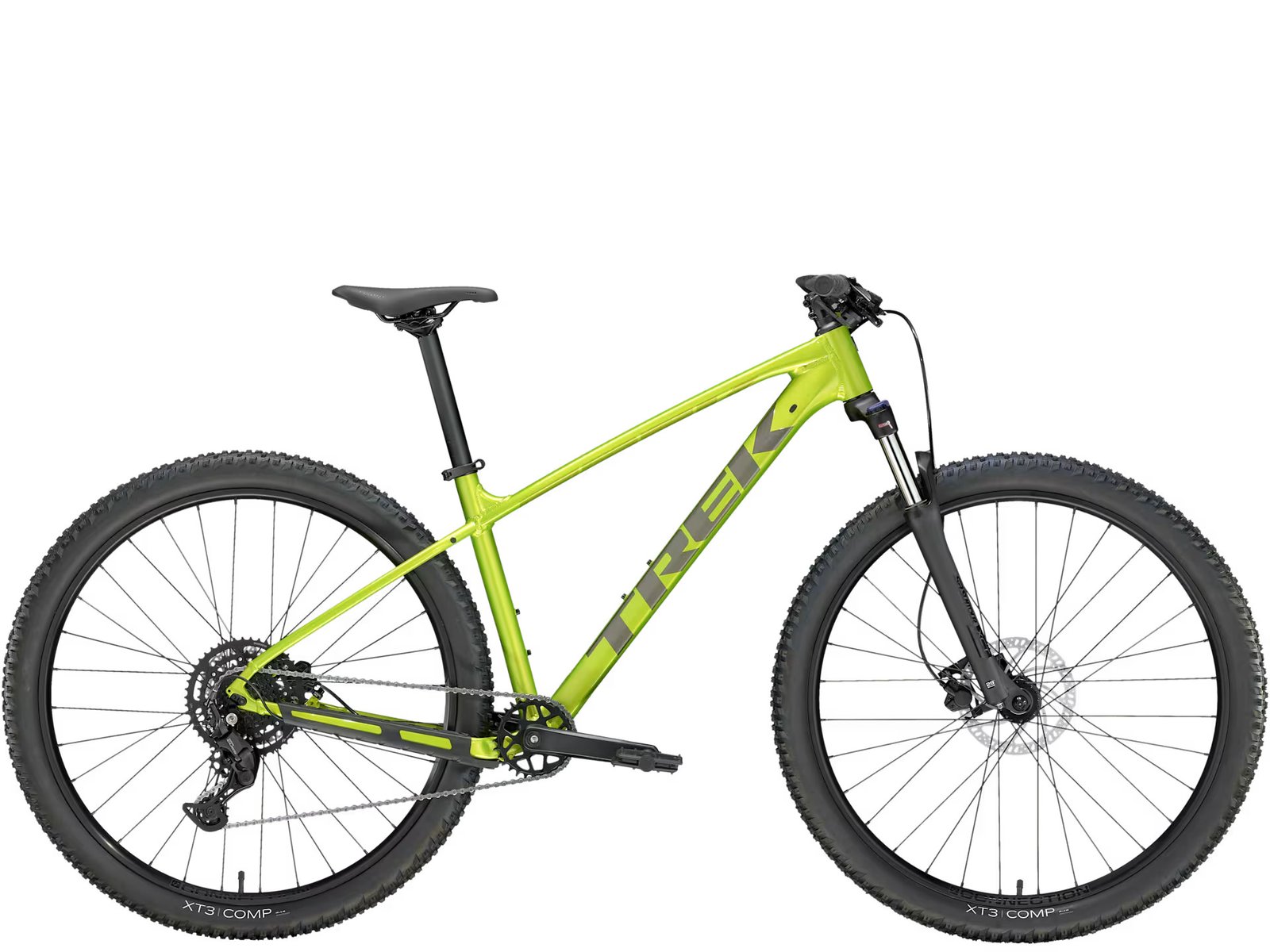
Mountain Bikes: Pros and Cons
Mountain BikesMountain bikes are designed for off-road use, offering durability, control, and traction. With features built to handle dirt paths, rugged terrain, and natural obstacles, they’re a popular choice for riders looking to explore beyond paved roads. But like any bike category, mountain bikes come with their own set of pros and cons. Here’s a breakdown to help determine if a mountain bike is the right fit.
Pros of Mountain Bikes
- Off-Road Capability
Mountain bikes are engineered for trails, singletrack, and backcountry routes. They excel on loose gravel, dirt, rocks, and roots—making them ideal for riders who frequent unpaved environments. - Traction and Stability
Thanks to wide, knobby tires, mountain bikes offer superior grip on uneven and slippery surfaces. This improves confidence and safety, especially when climbing steep inclines or descending technical terrain. - Suspension for Comfort and Control
Most mountain bikes feature either front suspension (hardtail) or full suspension (front and rear). This helps absorb shock from impacts, reducing rider fatigue and allowing for better control on rough ground. - Durable Frame and Components
Mountain bikes are built with strong frames and reinforced components that can withstand repeated stress and exposure to dirt, mud, and debris. They’re less likely to suffer damage in demanding environments. - Versatility
While built for trails, mountain bikes can also handle gravel paths, fire roads, and multi-use trails. Some riders even use them for urban commuting, especially in areas with rough pavement or curb transitions.
Cons of Mountain Bikes
- Heavier Weight
Mountain bikes are generally heavier than road or hybrid bikes. The added weight comes from the frame, suspension system, and beefier tires, which can make them less efficient on flat or paved roads. - Slower on Pavement
Knobby tires and lower gearing make mountain bikes slower and more effort-intensive on asphalt. Riders who spend most of their time on paved surfaces may find them sluggish and overbuilt for everyday riding. - More Maintenance
Suspension components, disc brakes, and wide drivetrains may require more frequent servicing than simpler bike styles. Riders should be prepared for occasional tune-ups to keep performance at its best. - Cost
High-quality mountain bikes can come with a higher price tag, especially full-suspension models. For those who won’t be riding technical trails regularly, that investment may not offer the best value.
For trail riders, explorers, and those seeking rugged durability, mountain bikes offer a capable and confidence-inspiring option. Understanding both the benefits and limitations helps ensure the right match for the terrain and riding style.

